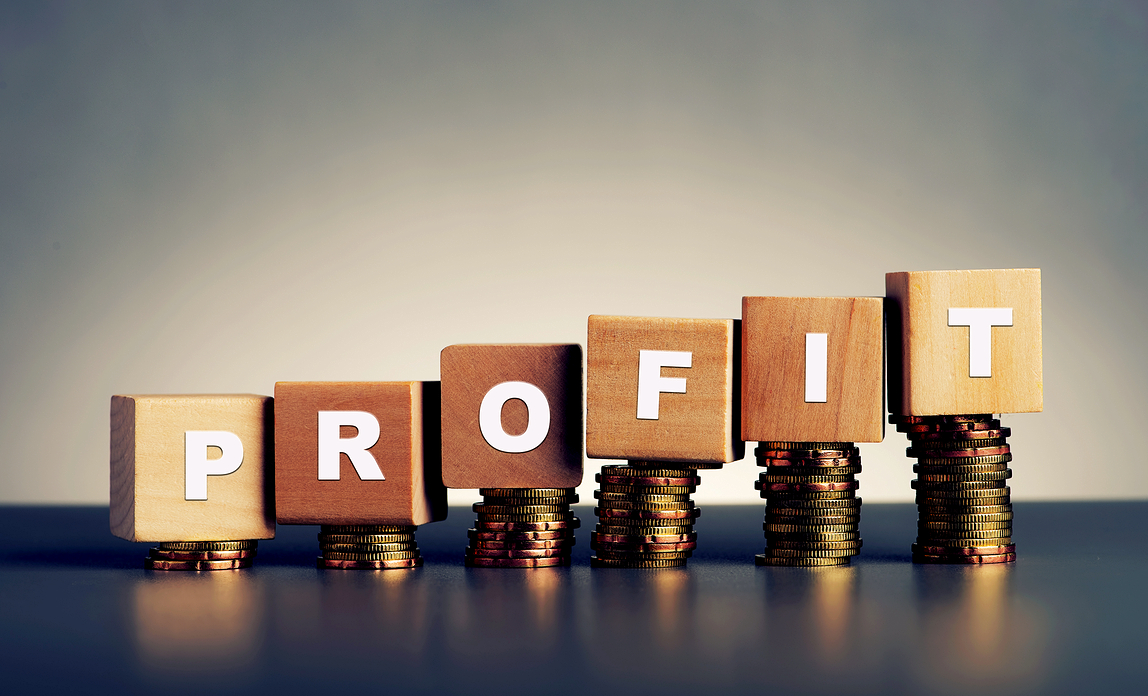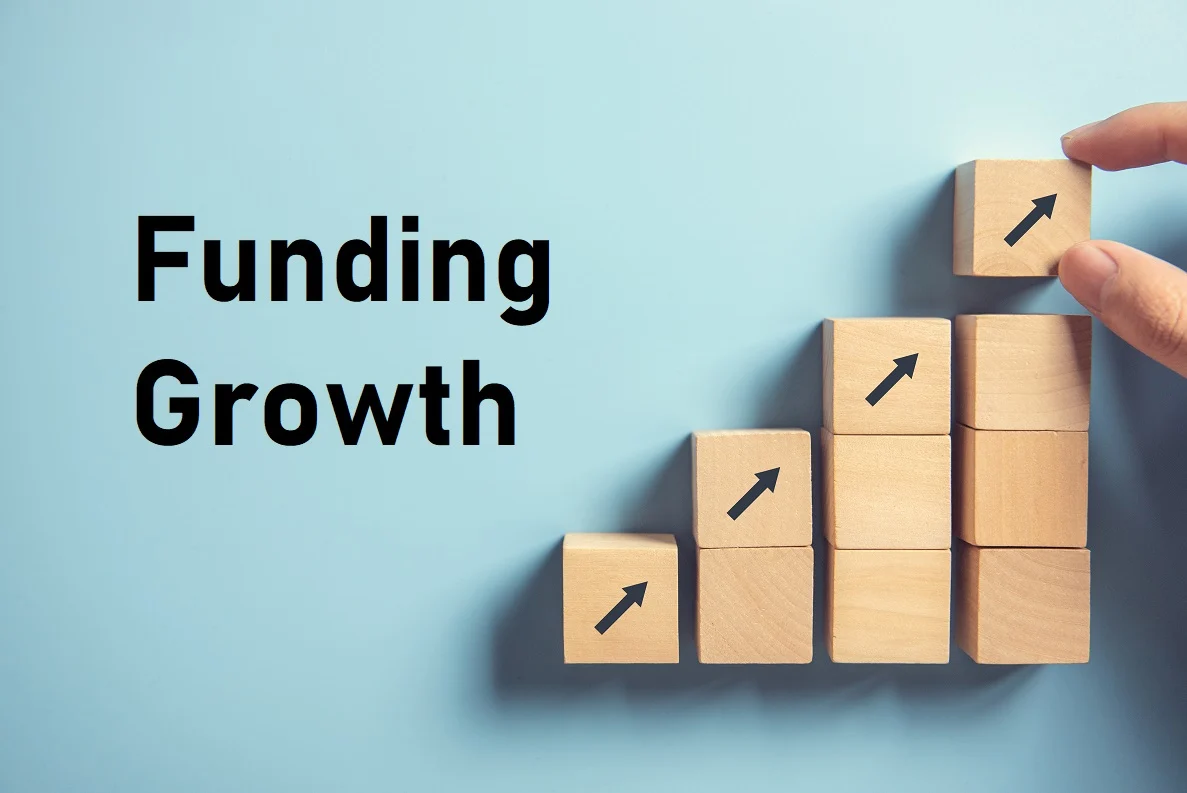In life, unexpected emergencies can arise, from medical emergencies and car breakdowns to job loss and natural disasters. Having a solid emergency financial plan in place can provide peace of mind and help you navigate through challenging times with greater ease. In this article, we will explore the essential steps to build a robust emergency financial plan that safeguards your financial well-being.

Assess Your Current Financial Situation
Begin by evaluating your current financial status. Calculate your monthly income, expenses, debts, and savings. Understand your insurance coverage and available benefits. This assessment will serve as the foundation for your emergency financial plan.
Set Up an Emergency Fund
An emergency fund serves as a crucial financial safety net, providing security in times of need. It is advisable to save a minimum of three to six months’ worth of living expenses to ensure adequate protection for unexpected situations.
Consider opening a separate high-yield savings account to keep your emergency fund easily accessible yet separate from your regular spending accounts.
Define Your Emergency Expenses
Identify the types of emergencies that could arise and estimate the potential costs associated with them.. Having a clear understanding of potential expenses will help you set a realistic savings goal for your emergency fund.
Create a Budget
Moreover, categorize your expenses into essentials and discretionary spending. Prioritize building your emergency fund by allocating a portion of your income to savings each month.
Explore Insurance Options
Having adequate insurance coverage is an essential part of an emergency financial plan. Review your health, life, auto, and home insurance policies to ensure they provide sufficient coverage for potential emergencies. Consider additional coverage options, such as disability or long-term care insurance, depending on your needs.
Develop a Debt Repayment Strategy
High-interest debt can be a financial burden during emergencies. Implement a debt repayment plan to reduce outstanding debts systematically. Focus on paying off high-interest debts first, while continuing to make minimum payments on others.
Diversify Your Investments
While emergency funds should be readily available, consider diversifying your long-term investments to potentially grow your wealth and protect against inflation. Consult with a financial advisor to build a balanced investment portfolio based on your risk tolerance and financial goals.
Review and Update Regularly
Life is ever-changing, and so are your financial circumstances. Regularly review and update your emergency financial plan to reflect changes in income, expenses, or family dynamics. Adjust your savings goals, insurance coverage, and investments as needed.
Explore Additional Income Streams
Furthermore, to bolster your emergency fund and overall financial resilience, consider exploring additional sources of income. This could include part-time work, freelance opportunities, or passive income streams, such as investing in rental properties or dividend-paying stocks. Diversifying your income can provide added financial security during uncertain times.
Prioritize Essential Expenses for Emergency
During emergencies, it’s crucial to prioritize essential expenses to stretch your emergency fund further. Cut back on non-essential spending and focus on meeting basic needs, such as housing, utilities, and food. Create a bare-bones budget to guide your spending during challenging times.
Prepare for Job Loss
Losing a job unexpectedly can be financially distressing. Hence, develop a plan to cope with potential job loss, such as updating your resume and networking regularly. Stay up-to-date with your industry trends and skills to remain competitive in the job market.
Conclusion
In conclusion, building a solid emergency financial plan is a proactive step toward securing your financial future. By establishing an emergency fund, understanding your expenses, and implementing a comprehensive strategy, you can face unexpected situations with confidence. Remember to regularly review and update your plan to ensure it remains relevant and effective in protecting your financial well-being. Hence, with a well-prepared financial plan, you can weather any storm that comes your way.



